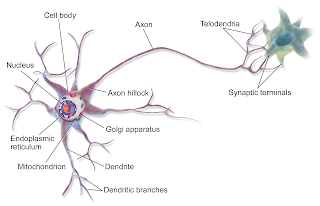Characteristics Features of Complex Permanent Tissue
Complex permanent tissue refers to the type of tissue in plants that is composed of more than one cell type and is not easily replaced after damage. The key characteristics and features of complex permanent tissue are:
- Diversity: Complex permanent tissue is composed of a variety of cell types that perform different functions within the plant.
- Specialization: The cells in complex permanent tissue are highly specialized to perform specific functions, such as support, transport, and storage.
- Structure: Complex permanent tissue is organized into distinct layers or regions, with each layer having a specific function.
- Lignin: Many complex permanent tissues, such as xylem and phloem, contain lignin, a tough and durable polymer that provides support and rigidity.
- Permanent: Unlike simple permanent tissue, which can be easily replaced after damage, complex permanent tissue is not easily replaced, making it crucial for the survival of the plant.
- Intercellular spaces: Complex permanent tissue has large intercellular spaces, allowing for the transport of water and minerals throughout the plant.
complex permanent tissue is a type of plant tissue that is composed of more than one cell type, is highly specialized and organized, contains lignin, is permanent, and has large intercellular spaces. It plays a critical role in supporting and transporting materials within the plant.
Read More
Name two Complex Permanent Tissues found in Plants
Difference Between Three Types of Muscles on the Basis of their Structure




0 Comments